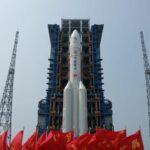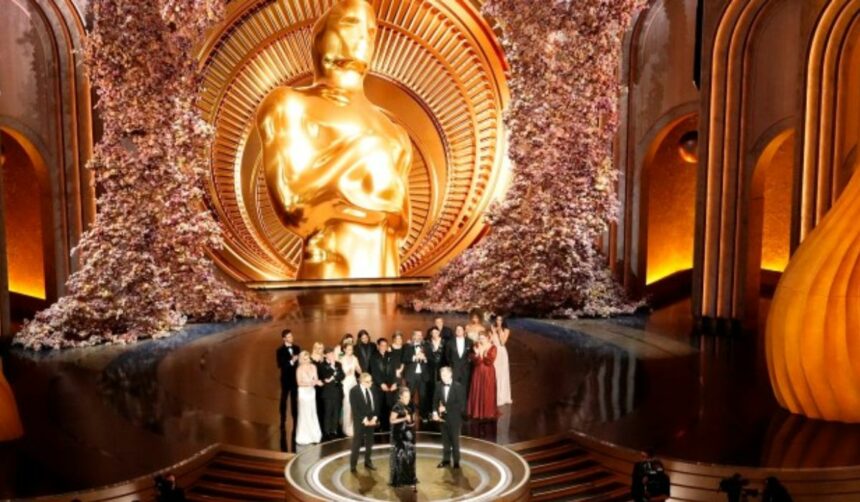Amidst the glittering success of “Oppenheimer” at the Oscars, Hiroshima, scarred by the devastation of the first nuclear bomb in 1945, struggles with mixed emotions.
Kyoko Heya, president of Hiroshima’s International Film Festival, questioned whether the city’s residents could bear to watch a movie so closely tied to their painful history.
The blockbuster, securing seven Academy Awards, including Best Picture and Best Director for Christopher Nolan, achieved global acclaim last summer but was notably absent from Japanese cinemas.
The absence prompted speculation, fueled by the lack of an official statement, that sensitivities surrounding the subject matter had kept the film away from Japanese screens.
The historical backdrop involves around 140,000 casualties in Hiroshima and 74,000 in Nagasaki due to the U.S. dropping atomic bombs just days before World War II’s conclusion.
“Oppenheimer” is set to finally release in Japan on March 29, with a special screening organized for high school students in Hiroshima on Tuesday.
Heya, standing near the Peace Memorial Park, initially felt terrified about showcasing the film in Hiroshima but now hopes it sparks discussions about Hiroshima, Nagasaki, and atomic weapons.
Despite the Oscar triumph, concerns linger among locals. Yu Sato, a 22-year-old student at Hiroshima City University, expressed mixed feelings, acknowledging the fear and accountability associated with Oppenheimer’s role in creating the atomic bomb.
Christopher Nolan, the director, drew inspiration from a Pulitzer Prize-winning biography of J. Robert Oppenheimer, the physicist behind the atomic bomb. Last year, “Oppenheimer” gained attention, releasing on the same day as “Barbie,” leading to viral memes and the “Barbenheimer” phenomenon. However, these jokes stirred anger in Japan, the sole nation to experience a wartime nuclear attack, prompting calls for narratives from a Japanese perspective.”










